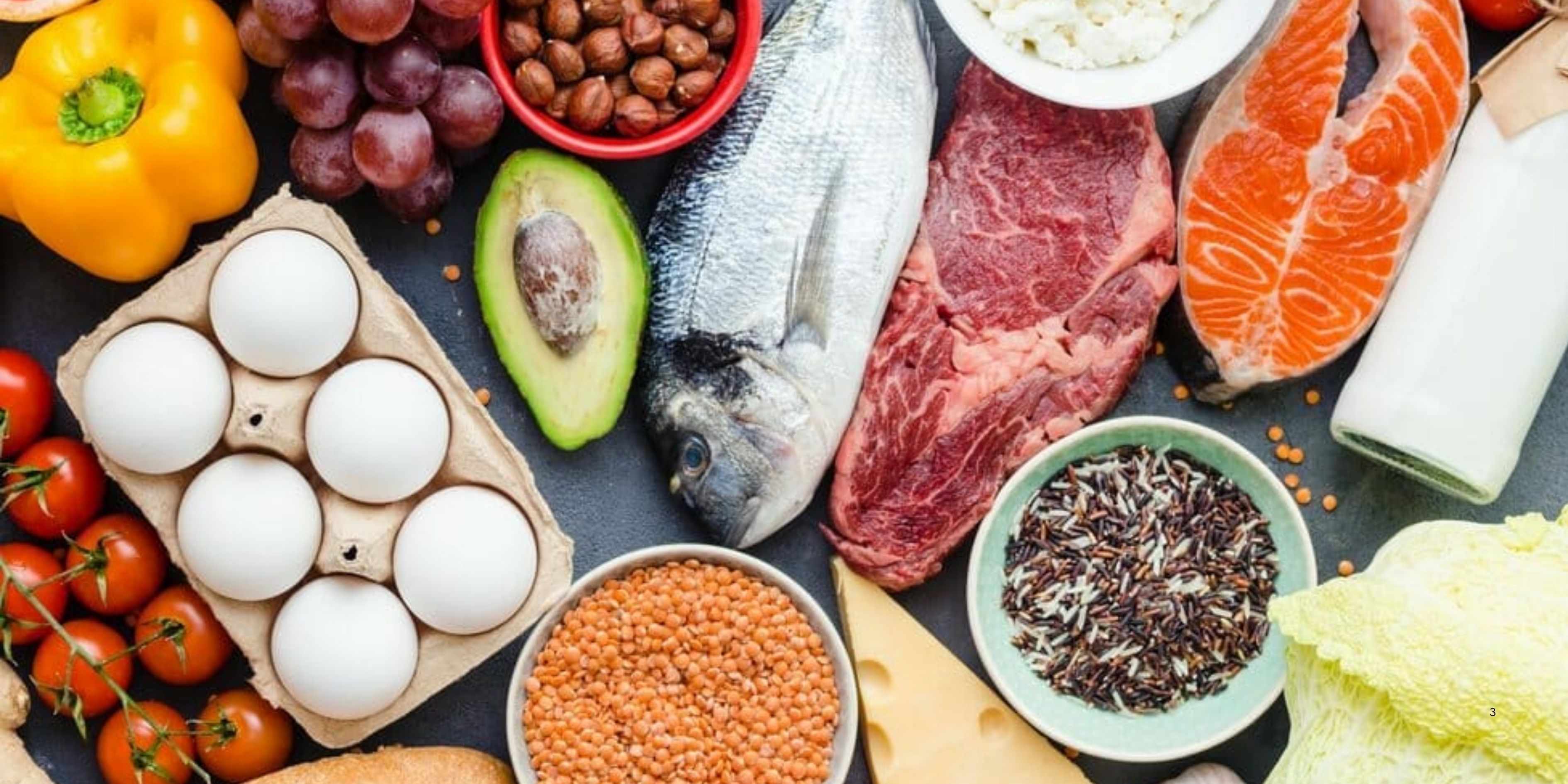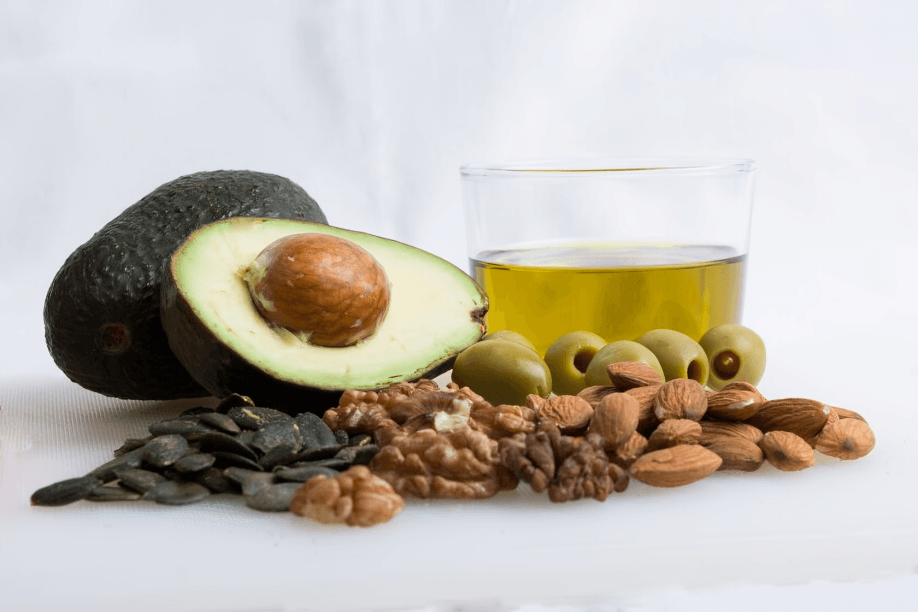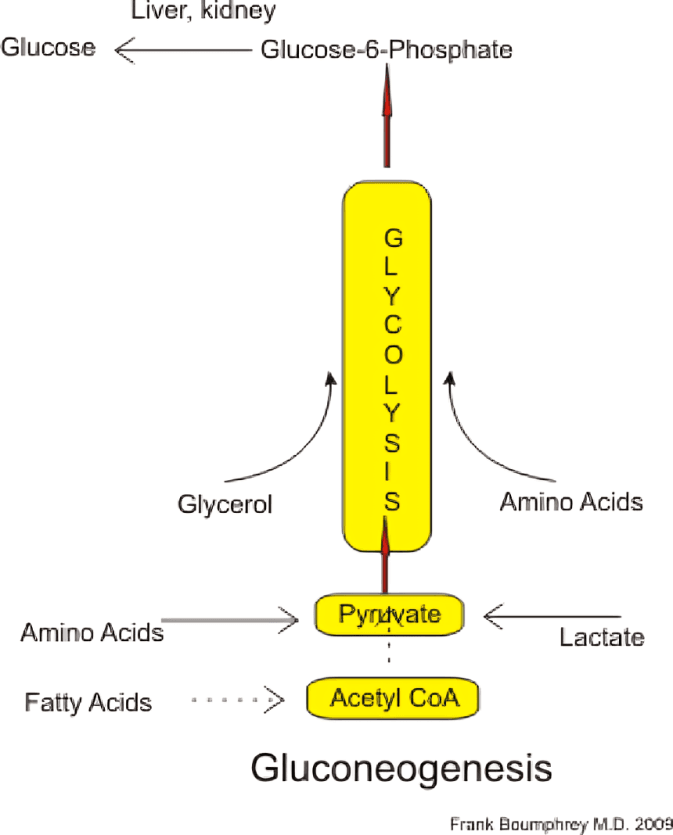
“
Forget the dull diet charts—mastering the magic of macronutrients is where real nutritional wisdom begins. Carbs, proteins, and fats aren't just food labels; they’re your body's power brokers. Each macronutrient holds a unique superpower: carbs energize, protein builds, and fats protect. By mastering the magic of macronutrients, you unlock smarter choices, deeper understanding, and healthier results. This isn’t about restriction—it’s about revelation. Dive in and start mastering the magic of macronutrients like never before. 1
”
Carbohydrates are the main energy source, broken into glucose to fuel muscles, the brain, and cells. Simple carbs give quick energy; complex ones offer longer-lasting fuel.1
Proteins help repair muscles, support immunity, and build hormones. Since the body can’t store protein, regular intake is vital for tissue health and proper function.2
Fats are the most energy-rich nutrient, with 9 calories per gram. Healthy fats support brain health, vitamin absorption, and hormones, especially unsaturated fats like those in nuts and oils. 3
Fiber isn’t digested but aids digestion, controls blood sugar, and lowers cholesterol. Soluble and insoluble fiber types both offer distinct health benefits and support bowel regularity. 4
Essential fatty acids like omega-3 and omega-6 support the brain, heart, and immune system. Since the body can't make them, they must come from foods like fish, flaxseeds, or walnuts. 5

Complete proteins, mostly from animal sources, offer all nine essential amino acids. Plant eaters can pair foods like beans and grains to get all amino acids.
Complex carbohydrates, such as whole grains and legumes, digest slowly, providing a steady release of energy. Unlike refined carbs, they are rich in fiber, vitamins, and minerals, supporting long-term energy.6
Fats are important for absorbing fat-soluble vitamins like A, D, E, and K. Without enough dietary fat, these vitamins can’t be absorbed efficiently, which could impact vision, immunity, and bone health. 7
Amino acids are classified as essential, non-essential, or conditionally essential. Essential amino acids must come from food, while non-essential ones are produced by the body. 8
Simple sugars, such as glucose and fructose, provide fast energy but can lead to spikes in blood sugar and insulin. Naturally occurring sugars in fruits are healthier than added sugars found in processed foods.9

Monounsaturated fats in olive oil, nuts, and avocados lower LDL cholesterol and improve heart health. They also have antioxidants that reduce inflammation and chronic disease risk.
Glycogen, stored in muscles and the liver, converts to glucose during exercise. Athletes carb-load before events to boost glycogen and enhance performance. 10
Trans fats in processed foods raise bad cholesterol and lower good cholesterol, increasing heart disease risk. Avoid them for better heart health.11
Lean protein sources like fish, tofu, and legumes offer essential amino acids, support muscle growth, and help manage weight without excess calories. 12
Carbs are stored as glycogen, providing quick energy for physical activity. Once glycogen is depleted, the body shifts to burning fat, particularly during endurance exercises, to sustain energy levels over longer periods.13
The thermic effect of food (TEF) is higher for protein than carbs or fats. Protein burns more calories during digestion and aids muscle maintenance.14
Athletes tailor their macronutrient intake to their training needs. Endurance athletes focus on carbohydrates for long-lasting energy, while strength athletes prioritize protein for muscle repair and growth.15

Gluconeogenesis is the process where the body creates glucose from non-carb sources like amino acids. This helps stabilize blood sugar during fasting or low-carb diets, ensuring the body gets energy.
Macronutrients affect insulin sensitivity differently. Carbs raise insulin levels more directly, while fats slow digestion and impact glucose absorption. Balancing them helps maintain stable blood sugar.16
A well-planned plant-based diet provides all necessary macronutrients. Whole grains, legumes, and seeds offer protein, fiber, and healthy fats, allowing vegetarians and vegans to meet their nutritional needs. 17


